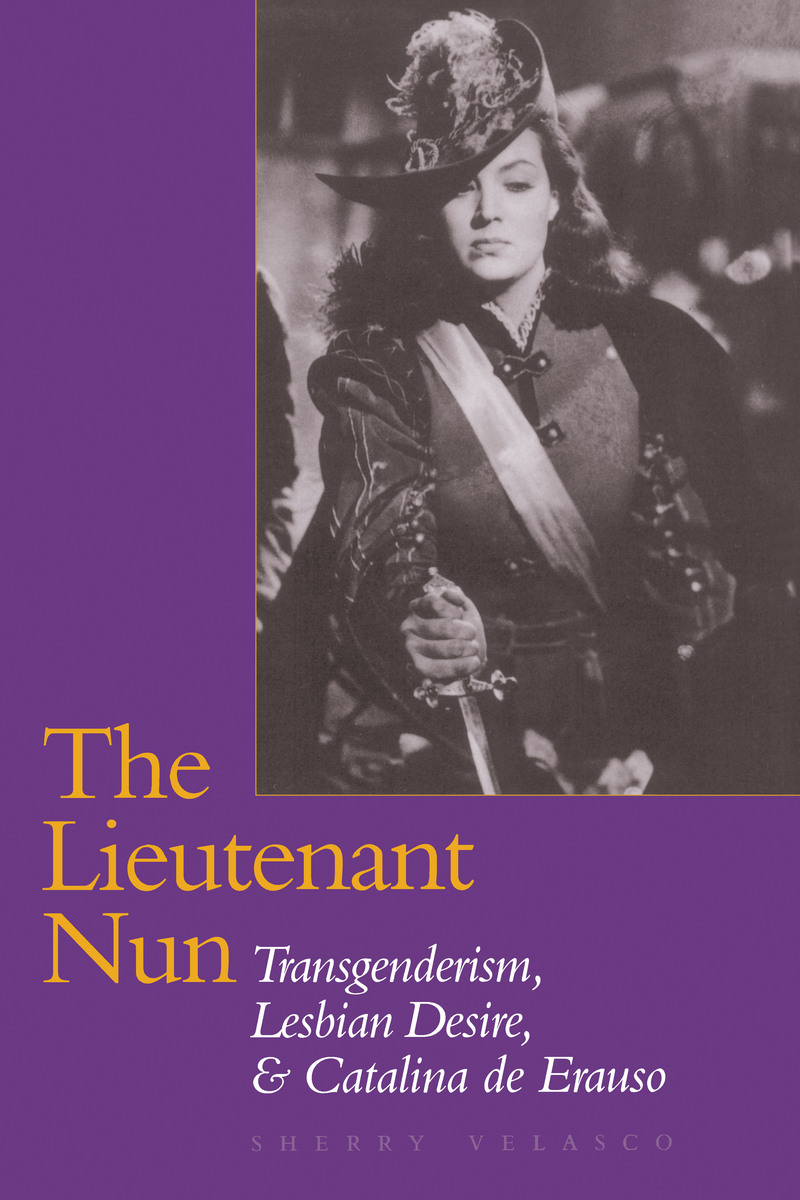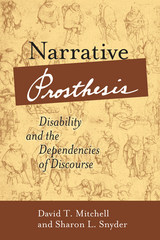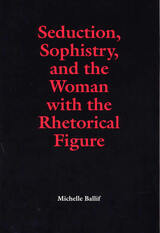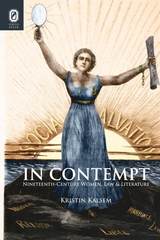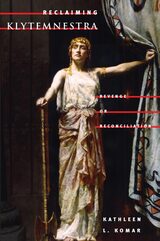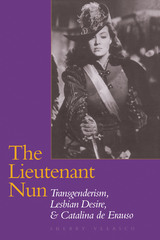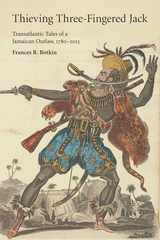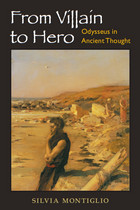Cloth: 978-0-292-78745-2 | Paper: 978-0-292-78746-9 | eISBN: 978-0-292-77379-0 (ePub) | eISBN: 978-0-292-79890-8 (PDF)
Library of Congress Classification PN57.E68V45 2000
Dewey Decimal Classification 809.93351
Catalina de Erauso (1592-1650) was a Basque noblewoman who, just before taking final vows to become a nun, escaped from the convent at San Sebastián, dressed as a man, and, in her own words, "went hither and thither, embarked, went into port, took to roving, slew, wounded, embezzled, and roamed about." Her long service fighting for the Spanish empire in Peru and Chile won her a soldier's pension and a papal dispensation to continue dressing in men's clothing.
This theoretically informed study analyzes the many ways in which the "Lieutenant Nun" has been constructed, interpreted, marketed, and consumed by both the dominant and divergent cultures in Europe, Latin America, and the United States from the seventeenth century to the present. Sherry Velasco argues that the ways in which literary, theatrical, iconographic, and cinematic productions have transformed Erauso's life experience into a public spectacle show how transgender narratives expose and manipulate spectators' fears and desires. Her book thus reveals what happens when the private experience of a transgenderist is shifted to the public sphere and thereby marketed as a hybrid spectacle for the curious gaze of the general audience.
See other books on: In literature | In motion pictures | Literary Criticism | Transgenderism | Velasco, Sherry
See other titles from University of Texas Press
